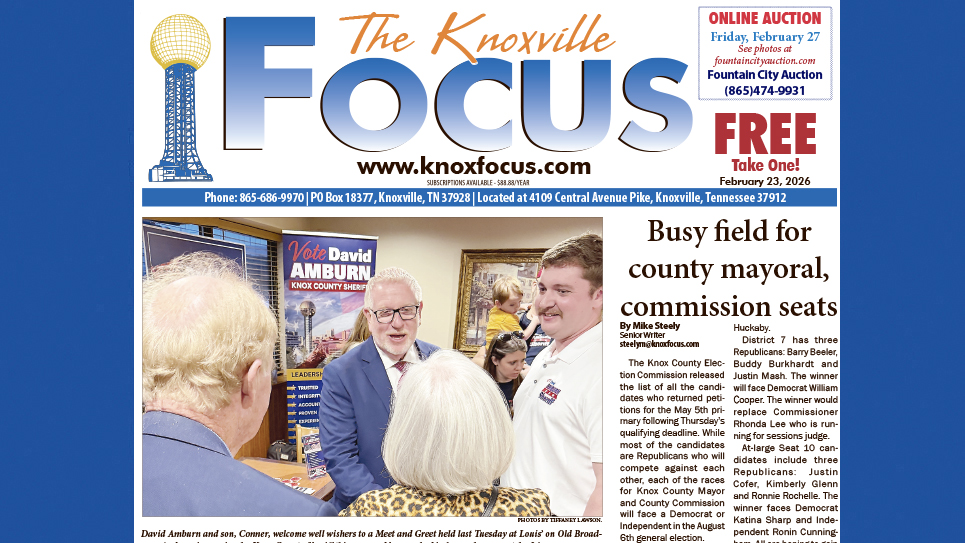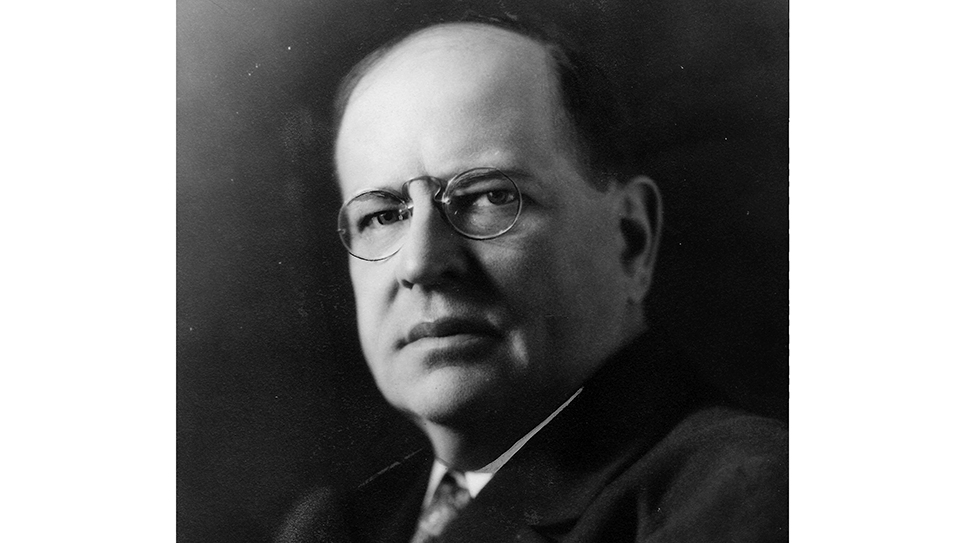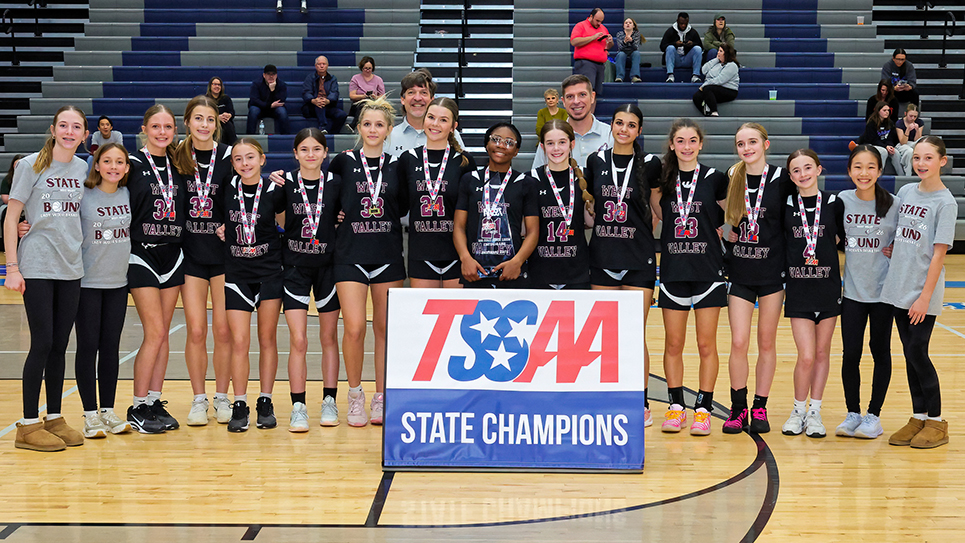What is Sequestration?
By Jedidiah McKeehan
If you find yourself sitting in a courtroom, you might hear a lawyer stand up and say, “Your Honor, we request the rule of sequestration.” That phrase probably doesn’t mean much to most people, but it can have a big impact on how a trial unfolds.
Sequestration simply means keeping witnesses out of the courtroom until it is their turn to testify. The idea is to prevent witnesses from hearing each other’s testimony so that their own statements are not influenced by what someone else says. When the judge grants sequestration, all potential witnesses—except the parties to the case—are asked to leave the room and wait in the hallway or another designated area.
This rule exists to help keep testimony honest and independent. If you’re a witness, the court wants to hear your version of events, not a version that accidentally (or intentionally) lines up with someone else’s story just because you heard them say it first.
Now, if you’re a party to the case—like the person being sued or someone in a criminal trial—you usually are allowed to stay in the courtroom even if you plan to testify. However, expert witnesses (like doctors or accident reconstructionists) may sometimes be allowed to stay and hear testimony if the judge believes it will help them form their opinion.
So, what happens if a witness breaks the rule and listens to testimony anyway? That’s a big no-no. It can lead to the judge not allowing that person to testify at all, or it may damage their credibility in the eyes of the judge or jury. It might even result in a contempt of court charge if the person was knowingly violating the rule.
Sometimes people confuse sequestration with a “sequestered jury,” which is a totally different concept. That term refers to jurors being isolated—often in a hotel without outside contact—to keep them from being influenced by media or public opinion during a high-profile trial. While both use the word “sequester,” they deal with very different situations.
The next time you hear a lawyer request sequestration, you’ll know it’s a standard part of keeping the trial fair. It’s not dramatic or mysterious—it’s just about making sure everyone tells their own truth.
Jedidiah McKeehan is an attorney practicing in Knox County and surrounding counties. He works in many areas, including family law, criminal, and personal injury. Visit attorney-knoxville.com for more information about this legal issue and other legal issues.






